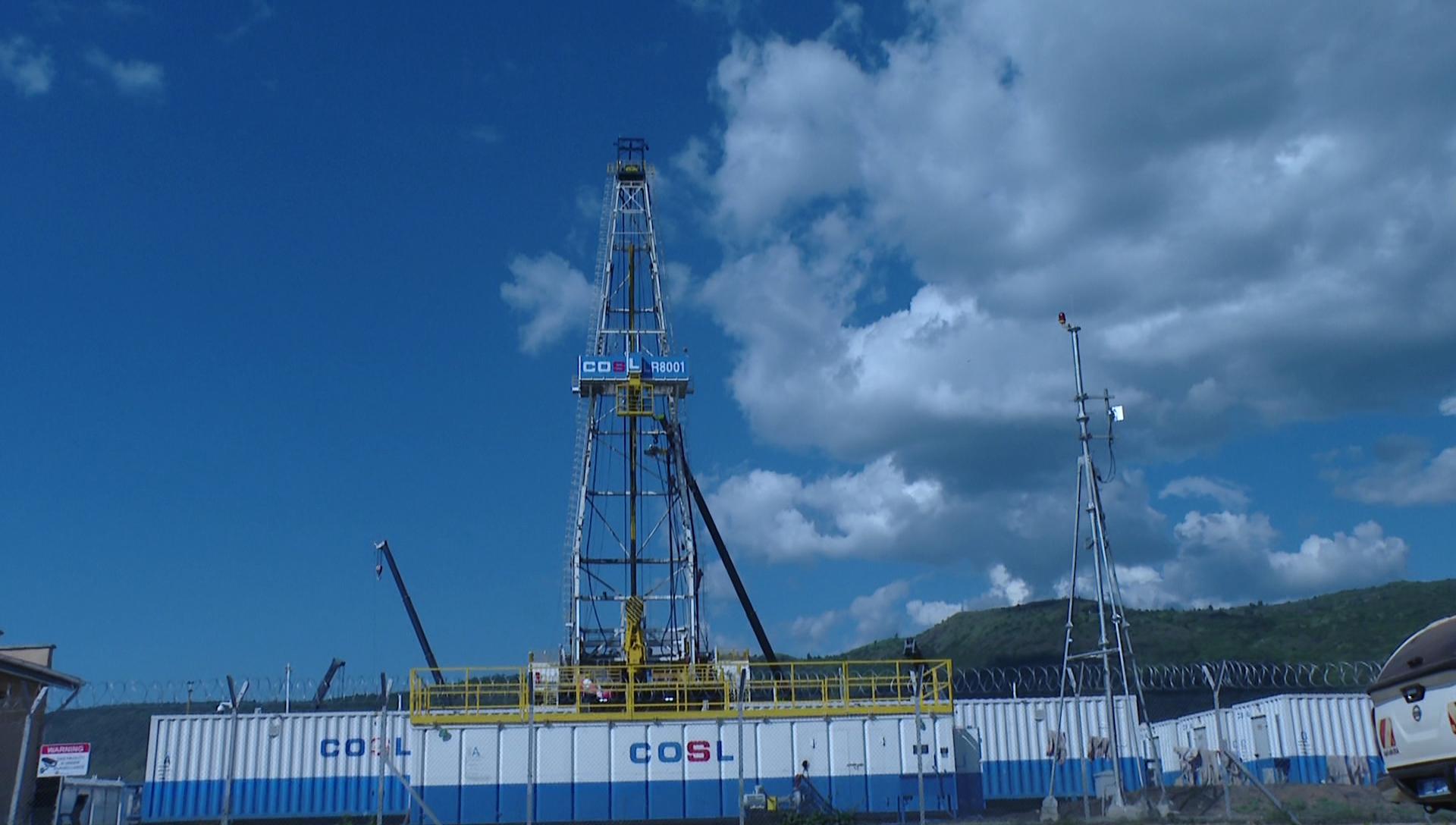News
Atomic Energy Council Uncovers Radiation Safety Gap at KingFisher Oil Field: Plans Comprehensive Radiation Surveys
The council identified a significant gap in the capacity to monitor radioactive materials, particularly within the Kingfisher Oil Waste Management Facility, which is tasked with treating waste to preserve the environment.

#IvanKaahwaReports
The Atomic Energy Council’s management and staff recently conducted a visit to the ongoing operations at the Kingfisher Oil grounds with the primary aim of assessing and monitoring the peaceful application of nuclear energy technology. In addition to this, the council sought to establish radiation safety measures, particularly focusing on areas where radioactive sources are utilized in the oil extraction process. During their assessment, the team noted the presence of radiation safety officers and the existence of secure storage facilities for radioactive materials at the drilling site. However, they also observed a need for heightened sensitization regarding how to protect individuals against the potential dangers posed by radiation exposure.
Despite these measures, the council identified a significant gap in the capacity to monitor radioactive materials, particularly within the Kingfisher Oil Waste Management Facility, which is tasked with treating waste to preserve the environment. The Drilling and Completion waste collection, transportation, treatment and Disposal Services for Kingfisher Oilfield receives and treats the drilling cuttings and waste water generated from the drilling in Kingfisher field.
Luwalira Deogratias, CEO of the Atomic Energy Council, expressed concerns that the waste being handled might contain naturally occurring radioactive material, unbeknownst to the workers. Moreover, there are currently no measures in place to detect radioactive materials that could be present alongside other waste materials.To address these concerns, the AEC recommends implementing mechanisms to test for any radioactive material as a precautionary measure. Furthermore, the council emphasizes the importance of training staff to effectively handle encounters with radioactive materials, thereby ensuring their protection and safety against radiation-related risks. The council also plans to conduct background surveys to determine the baseline radiation levels in the area, including sampling treated waste to assess for any radioactivity.
In an effort to enhance preparedness among officers, the council will extend training in radiation protection fundamentals. Moreover, they will provide guidance on how to develop the capacity to test for radioactive material. Deogratias Luwalira also advised collaboration with colleagues at the drilling site, emphasizing the necessity of conducting tests prior to the release of drilling waste and ensuring the water plant is confident in the absence of radioactive material in the received content. He further emphasizes the potential consequences of processing radioactive material, highlighting the costly nature of facility decontamination.
The team also visited the Kabalega International airport where cargo scanners are present and use nuclear energy to enable the viewing of packages, Deogratias Luwalira stated that they will have an appropriate time to find out how, where and what measures are in place to protect the radioactive sources since during the visit, inspection was not possible due to some circumstances.






































